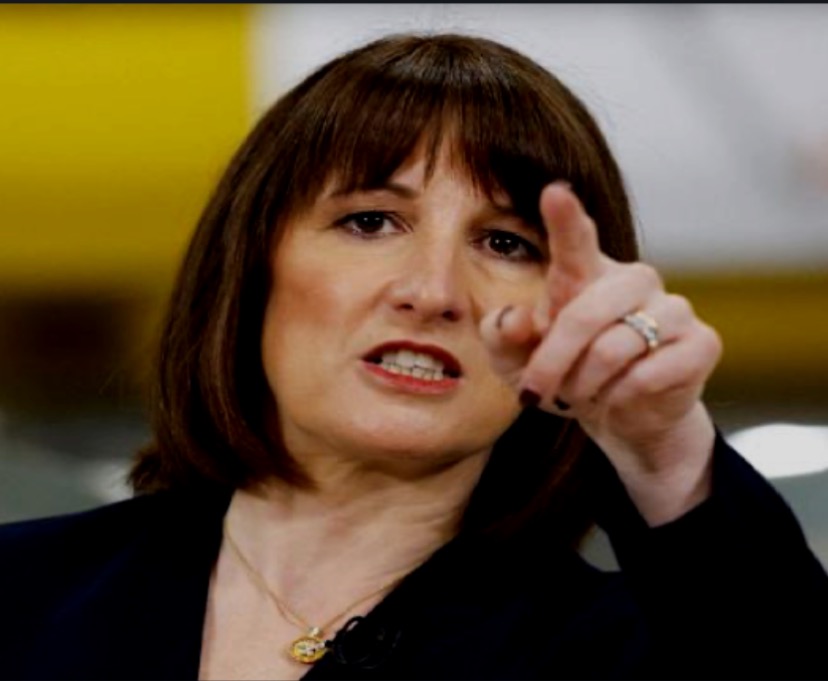The UK Government has announced an increase in minimum wage rates from April next year, following recommendations from the Low Pay Commission.
Under the revised structure, the National Living Wage for workers aged 21 and above will rise by 4.1%, increasing from £12.21 to £12.71 per hour.
Workers aged 18 to 20 will receive a larger boost of 8.5%, taking their hourly rate from £10 to £10.85, while the rate for 16- and 17-year-olds, as well as first-year apprentices, will increase by 6%, from £7.55 to £8.
Chancellor Rachel Reeves, who announced the changes ahead of her first Budget, said the increases were aimed at easing the financial strain on low-income workers. “I know the cost of living remains the number one issue for working people,” she said, adding that the new rates would help ensure workers are “properly rewarded for their hard work”.
The director of the Living Wage Foundation, Katherine Chapman, welcomed the rise but noted that the government’s figures still fall short of the organisation’s real living wage, set at £13.45 across the UK and £14.80 in London.
She said the increase was a positive move that would ease some pressure on low-paid households.
However, employer groups expressed concerns about the financial impact on businesses. Katie Nicholls, chair of UKHospitality, said the rise comes at a challenging time. “These additional costs make action at the Budget to reduce hospitality’s tax burden even more important,” she warned.
The Trades Union Congress (TUC) described the rise as evidence the government is meeting its pledge to make work pay, noting that higher wages boost local economies.
The government confirmed that the new rates are based on the Low Pay Commission’s projection that the National Living Wage must reach £12.71 to remain at two-thirds of median earnings.



